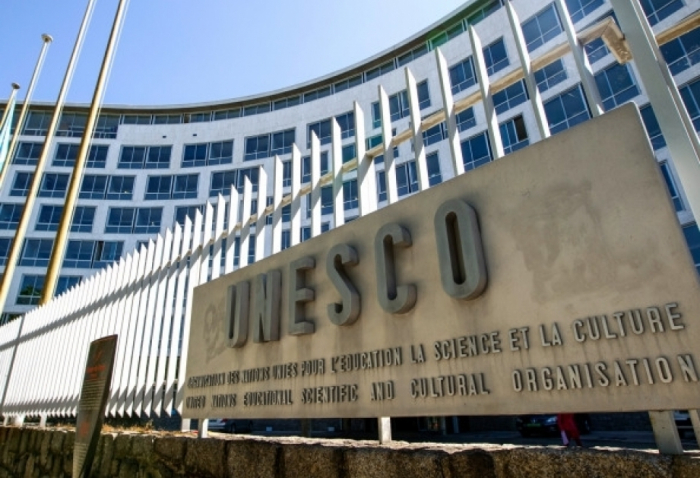UNESCO has announced the inscription of 64 documentary collections on its Memory of the World Register, bringing the total number of listed collections to 494, according to the official website of the Organization.
“Documentary heritage is the common memory of humanity. It must be protected for research purposes and shared with as many people as possible. It is a fundamental part of our collective history. For the first time since 2017, new documentary collections have been inscribed on the Memory of the World Register. This is a very positive signal. I welcome the enthusiasm and spirit of cooperation that has accompanied this process, with more than 20% of inscriptions submitted jointly by several countries. I thank UNESCO’s Member States for their commitment and this renewed momentum in favour of the protection of collective memory,” said Director-General of UNESCO Audrey Azoulay.
Created by UNESCO in 1992, the Memory of the World Programme, aims to prevent the irrevocable loss of documentary heritage – documents or collections of documents of significant and enduring value, whether on paper, audiovisual, digital or any other support. The programme aims to safeguard this heritage and make it more accessible to the general public.
Inscriptions on the Memory of the World Register had to be suspended in 2017 due to divergences among States involved in the nomination process. An important collective effort has enabled the procedure to be redesigned and nominations were re-launched in 2021. On Wednesday 24 May 2023, they resulted in the unanimous decision of UNESCO's Executive Board to inscribe 64 new documentary collections.
With these new additions from 56 countries and organizations, the Memory of the World Register now numbers 494 documentary heritage collections from all regions of the world. Saved on a variety of supports from stone to celluloid, parchment to metal discs, this iconic heritage of universal value is now preserved for future generations.
Over the past three decades, UNESCO has set up national Memory of the World committees in 94 countries. Since the beginning of last year, the Organization has helped nearly 40 countries develop public policies and capacities to ensure that their documentary heritage is inventoried, protected and made accessible to all.
Azerbaijan’s "Flower Book" of Khurshidbanu Natavan – album of illustrated verses is also among the 64 collections added to UNESCO’s Memory of the World Register.
Known as the “Flower Book”, it is the only official poetry album, arising to date. This 227-page album was compiled in 1886. Khurshidbanu Natavan is one of the prominent representatives of 19th century Azerbaijani literature, (1832-1897), the last heir to the Karabakh Khanate, who made a significant contribution to the public life and cultural development of Azerbaijan. In the 19th century of Europe, female writers were forced to use male pseudonyms to publish their work, while Natavan chaired a literary council in a country in the Islamic East. Although women were given a high status in the family hierarchy in Azerbaijan, Natavan's personality was a phenomenon for Azerbaijan as a woman. The reason for this was that she was the only child of a noble family, had a perfect education, was the wife of Major-General of the Tsarist Russian Army Prince Khasay khan Usmiyev, and was closely acquainted with modern European culture.
More about: #UNESCO
















































